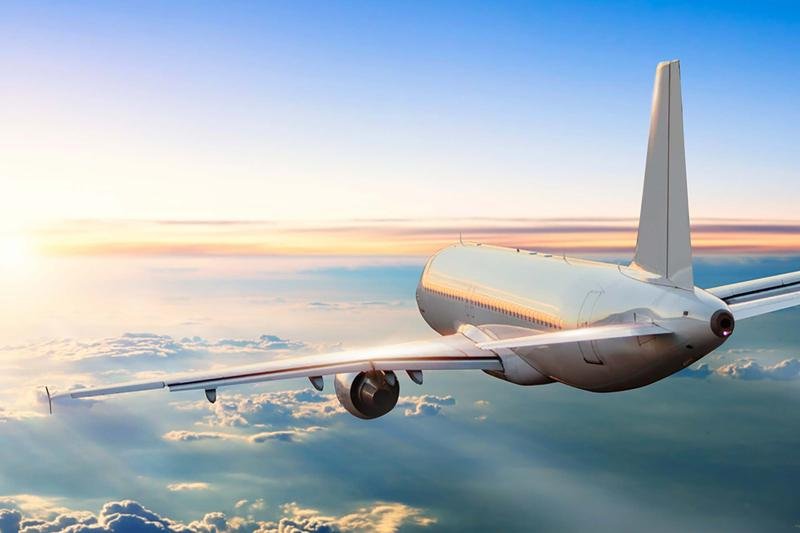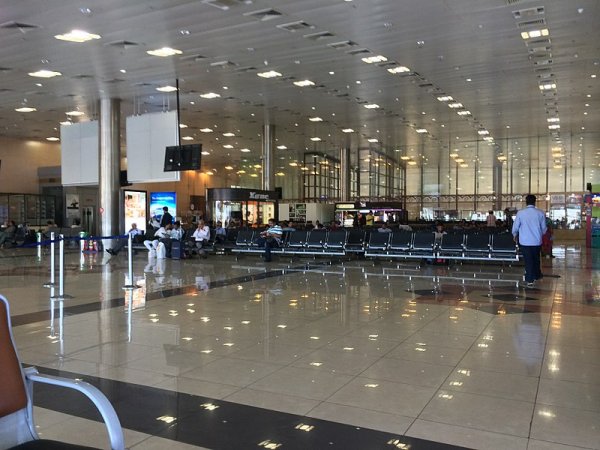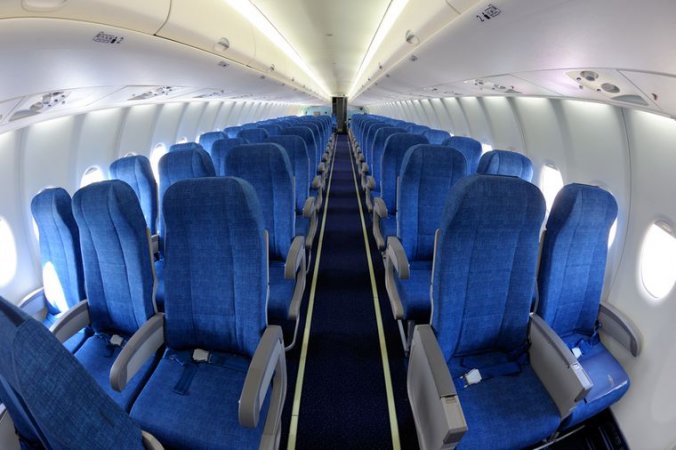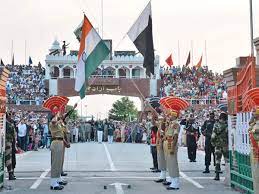How air travel might be different post COVID-19 pandemic

It is tough to say when international travel may resume as many countries still are having a tough time beating the pandemic, while others in the hope to avoid an outbreak are keeping their doors shut for international tourists. While in India, Aviation Officials hinted that international travel may resume in June, but countries like Argentina and UK are still uncertain about the air travel.
But we are well aware that international air travel will not look the same as it used to. Here are certain changes we can expect to see:
Changes at the Airports

Many airports have incorporated a number of changes based on the guidelines by the Government for essential travellers in many places, including London. The changes include maintaining a distance of 1 to 2 metres between passengers at all times, hand sanitizers placed throughout the airport for passengers and making them spread more evenly across the terminals. In the USA, TSA (Transport Security Administration) has asked the travellers to wash their hands for 20 seconds before and after the security screening.
At Hong Kong International Airport, tests are going on for a full body disinfecting device. The airport officials say that the device can sanitize the passengers as spraying it can kill virus and bacteria on clothes and skin in 40 seconds. The airport is also testing the autonomous robots that kill microbes using ultraviolet lights. Robots similar to these were tested before in makeshift hospital rooms.
Airports, that have the facility, are promoting the use of check in kiosks to avoid unnecessary interaction. Most airports will be displaying posters with the preventive measures for passengers throughout the buildings. Even before the travel ban many airports had introduced thermal detection screening in efforts to prevent the spread. Emirates offered passengers a quick COVID-19 test that gave results in 10 minutes.
It can be assumed that airport checks willow n be stricter and longer than before. According to James Thornton, Chief Executive of Intrepid Travel Group, "Just as taking out liquids and devices before going through machines has become the norm, so too will new social distancing guidelines." He also added, "It's possible we'll see the introduction of an immunity passport."
Changes on the Plane

The flight attendants that usually greeted with a smile will now be seen wearing masks and so will you, as WHO is pressing on the use of masks in its guidelines time and again. It can also be assumed that the airlines might make it compulsory for passengers to wear one. The major airlines have already started doing the sanitization and disinfection at a more frequent rate than before.
If you fly with the Korean Air, don't freak out when you notice people wearing PPE appear in the aisle, this is going to be the new staff uniform of the airlines. The airline has said that its cabin crew will be equipped with gowns, gloves and eye masks. The flights might also reduce the number of passengers. Many airlines have announced that they will be flying with empty middle seats to maintain optimum distance between passengers.
Emptying the middle seats, though will be good for the passengers but could be huge loss for the airlines. A pilot of Tui said, "Losing a third of seats means either those airlines fly at a loss, or we go back to the good old days when a Paris to Nice return ticket used to cost £1,000 (€1,145; $1,245) in today's money."
The pilot also added that the countries which are dependent on tourism for their economy are already contacting the operators. "I believe that we will see a small restart of flights to selected destinations towards the end of the season."
Air travel would not be the same as before
Experts and surveys show that more holidays will now be taken at home. Taking virtual trips to destinations will become a norm even after international travel gets a green flag worldwide.
Andy Rutherford, Founder of UK-based tour operator, says that as the focus would return to green technology and climate crisis, long international trips might lose their appeal. He also added, "Our commitment to travel must be based on mutual respect, solidarity and responsibility.
A survey by International Air Transport Association (IATA) revealed that 60% of the respondents said that they would wait at least two months after the corona virus is contained till they book a flight. 40% said that they would wait for at least six months.
Boeing has said that air travel would return to the level of 2019 before the year 2023. While IAG said it could take several years.
You may like post

NEW TO MANY UNIQUE TO NONE --THE FIRST DOLL MUSEUM OF INDIA
Shankar's International Dolls Museum is the best place for kids.

3 COUNTRIES INDIANS CAN TRAVEL AS COVID CASES FALLS
Travel safely to Russia, Egypt and Turkey post Covid-19.









